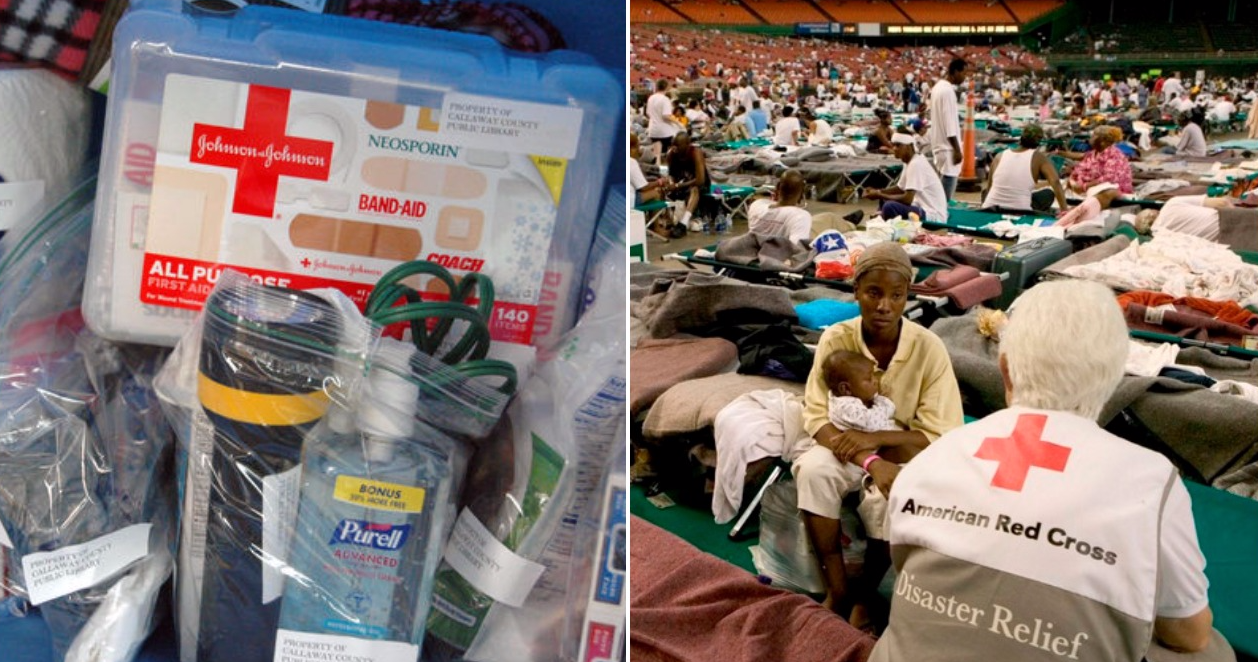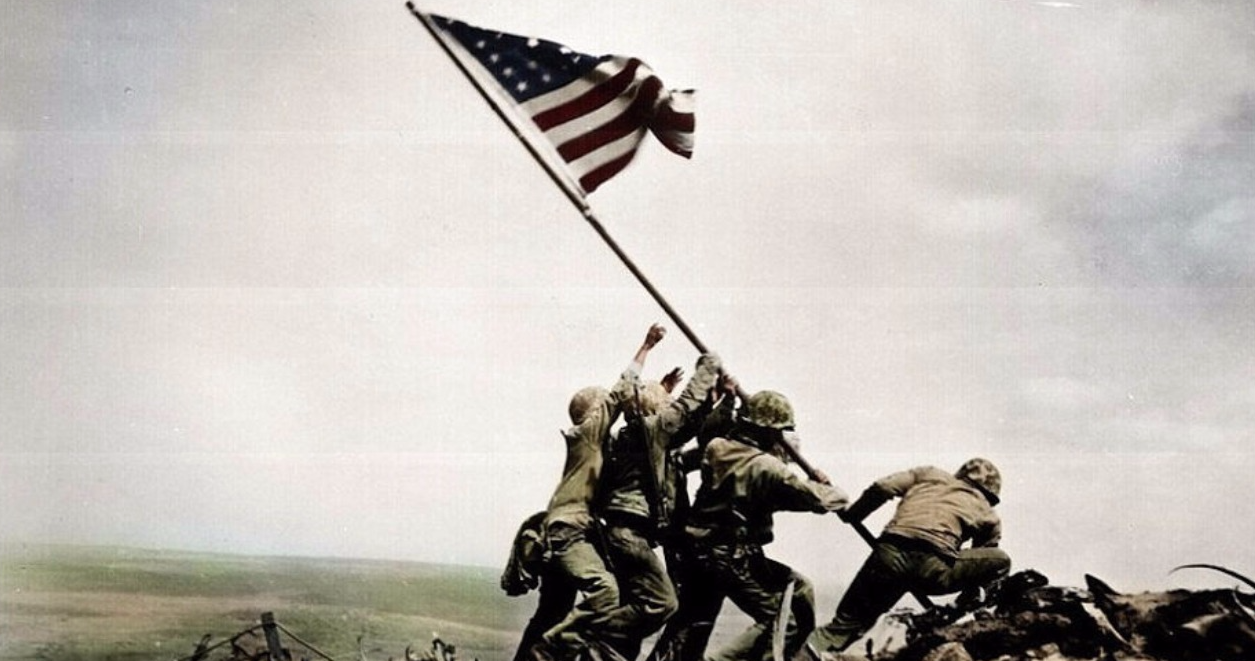In some emergencies, you only have moments to make decisions that will protect your family.
But if you're unprepared, you could be stuck trying to find last minute supplies when disaster strikes. While memorizing emergency phone numbers and drawing up a fire escape plan will help in the short term, natural disasters can stretch on for days. Survival means being prepared before it hits the fan.
You may be counting on the canned food in your cupboard to last through a bad storm or a power outage, but the Federal Emergency Management Agency says you should have three days worth of food and water ready to go right now. And there are also a few other essentials you should already own.
Start with these items, which make up the agency's basic emergency checklist:
- Water: enough to last for 3 days. Expect every member of your family to use 1 gallon each day for drinking and sanitation.
- Food: enough for your entire family to eat for 3 days.
- A hand-crack or battery powered radio to check the news.
- A flashlight.
- A first aid kit. This should include crucial tools like scissors, tweezers, ice packs, gloves and antiseptic medicine, but also a sheet of local emergency phone numbers.
- Extra batteries.
- A whistle.
- A dust mask.
- Duct tape and plastic sheeting (for sealing vents, doors and windows during emergencies).
- Moist towelettes, garbage bags and plastic ties (for sanitation).
- Wrenches and pliers - which you can use to turn off your utilities.
- Manual can opener.
- Local maps.
- A cell phone with chargers and an extra battery or power storage device.
You can find a printable version of the list here.
Along with these essentials, there are a few other things you should have on hand...
Your family's needs may be different from other families, because of your pets, elderly parents or family members with disabilities.
Depending on your needs, you'll probably want to bring some of these supplies along as well:
- Prescription medicines.
- Glasses or contact lens solutions.
- Baby supplies (formula, bottles, diapers and medicine).
- Pet food and water.
- Cash or traveler's checks for buying essentials.
- Copies of insurance policies, IDs and bank accounts (electronic versions of these records will work as well).
- Sleeping bags and blankets.
- A change of clothing with good shoes.
- Chlorine bleach and a dropper (used to purify water by following the table here).
- A fire extinguisher.
- Matches in a waterproof container.
- Utensils for eating and drinking.
- Paper and pencil.
- Games or activities to pass the time.
Store any food from your emergency supplies in a cool and dry place, and re-check your list once a year to see if you need to add or replace supplies.
Think about your car or work too: sometimes you won't be able to reach your stockpile at home, so consider putting extra supplies there.
Share these lists so everyone will be prepared for an emergency!




